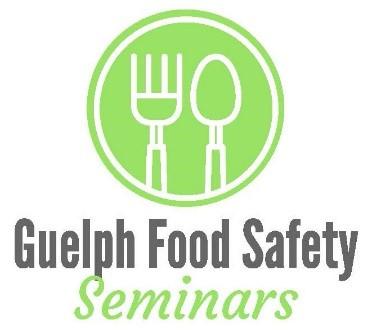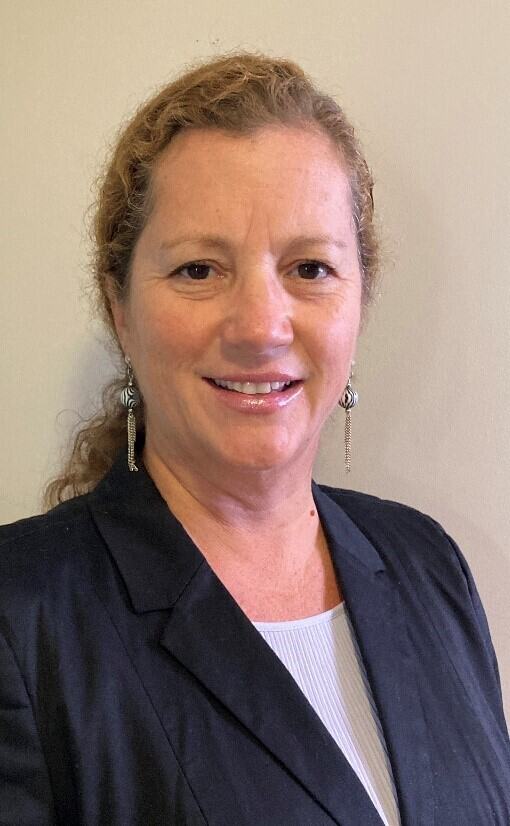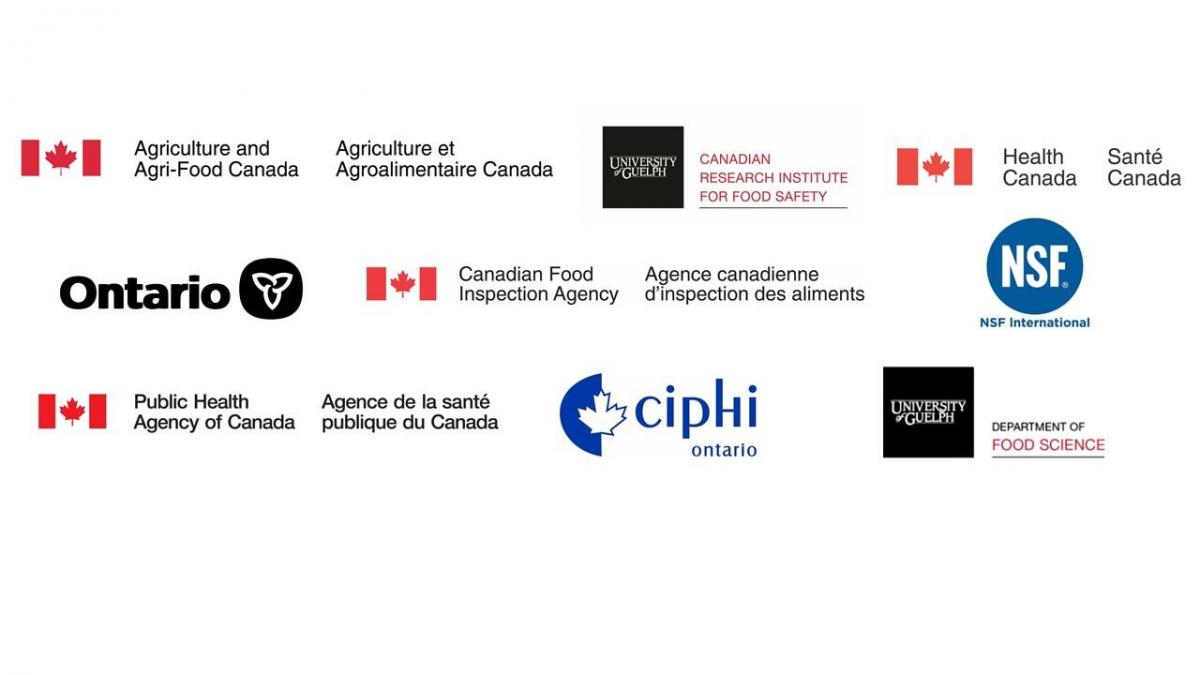19th annual Guelph Food Safety Seminars (GFSS) Symposium Session 3: Alternative proteins - Are we there yet?
Date and Time

Details
19th annual Guelph Food Safety Seminars (GFSS) Symposium
Session 3: Alternative proteins - Are we there yet?
Speakers:
Recipe for Success: Novel Food Challenges and Strategies
The future of food will not look like the past. We will have to shift many paradigms, develop and scale many new technologies (plant-based, fermentation based, cultured meat, climate solutions) to feed a growing population and establish a more sustainable, healthier, and more secure food supply chain. Quality and food safety is the core foundation for fast innovation. This symposium will cover:
- Food Safety Challenge on Sourcing
- Food Safety Challenges on Processing
- Food Safety Challenges on Sanitation
- Food Safety Challenges on Testing

Yanyan Huang, PhD, Global Director of Quality Control, ADM
Yanyan is the global director of quality control at ADM, where she leads the global initiative of standardization, optimization, and continuous improvement of ADM quality control processes. Yanyan has a Ph.D. in microbiology and a minor in biotechnology. Yanyan has extensive experience in building global food safety programs (EMP, Food Safety Plan/Hazard Control Plan, Allergen Control Program, Positive Release Program, Process Validation, Chemical Contaminant Monitoring Program et.) and leading a high function team. She has successfully led the global allergen control program and food safety risk assessments for plant-based products in microbiology, ingredient, chemical contaminants and packaging. Yanyan is also the chair of IAFP Plant-based alternative products Quality and Food Safety Professional Development Group.
Cultivated meat: key food safety considerations, knowledge gaps, and the status of global regulation
Cultivated meat (also known as cell-based or cultured meat) is a new food production technology that involves cultivating animal cells directly without the need for rearing animals. Over 100 startups across the globe are currently working on bringing cultivated meat to market, with the first and only products being approved for sale in Singapore in late 2020. Although the consumption of animal cells is not new to the food system, the cultivation methods and inputs can be novel and demand global regulatory attention. Here, we provide the current understanding of key food safety considerations and knowledge gaps in the production of cultivated meat. We discuss the status of global regulatory frameworks and guidance that have been issued to date, with an eye toward harmonization.

Elliot Swartz, Lead Scientist, Cultivated Meat, The Good Food Institute (GFI)
Dr. Elliot Swartz is a lead scientist specializing in cultivated meat at The Good Food Institute (GFI) (www.gfi.org), an international network of non-profit organizations developing the roadmap for a sustainable, secure, and just protein supply. Elliot’s work at GFI focuses on analyzing the technical and economic bottlenecks facing the cultivated meat industry, identifying opportunities to accelerate the industry, and educating scientists, the public, and other industry stakeholders. Elliot holds a Ph.D. in neuroscience from the University of California, Los Angeles (UCLA), where he worked with induced pluripotent stem cells to model neuromuscular disease.
Moderators:

Emefa Monu, Food Safety Scientist, Ontario Ministry of Agriculture, Food and Rural Affairs and GFSS Organizing Committee Member

Valeria Netto, Business Resource Specialist, Ontario Ministry of Agriculture, Food and Rural Affairs and GFSS Organizing Committee Member
